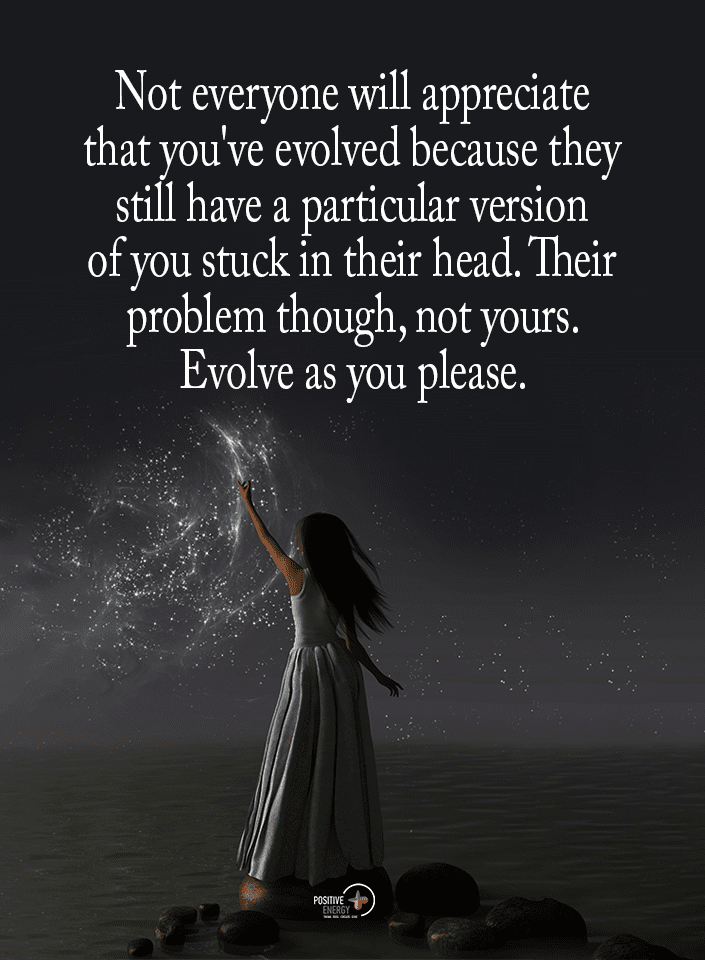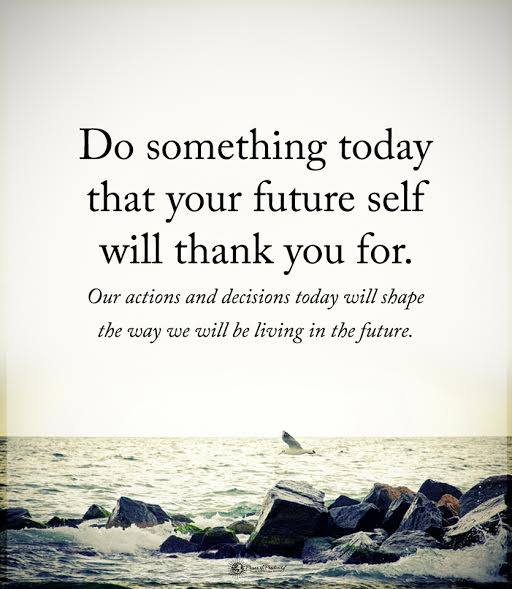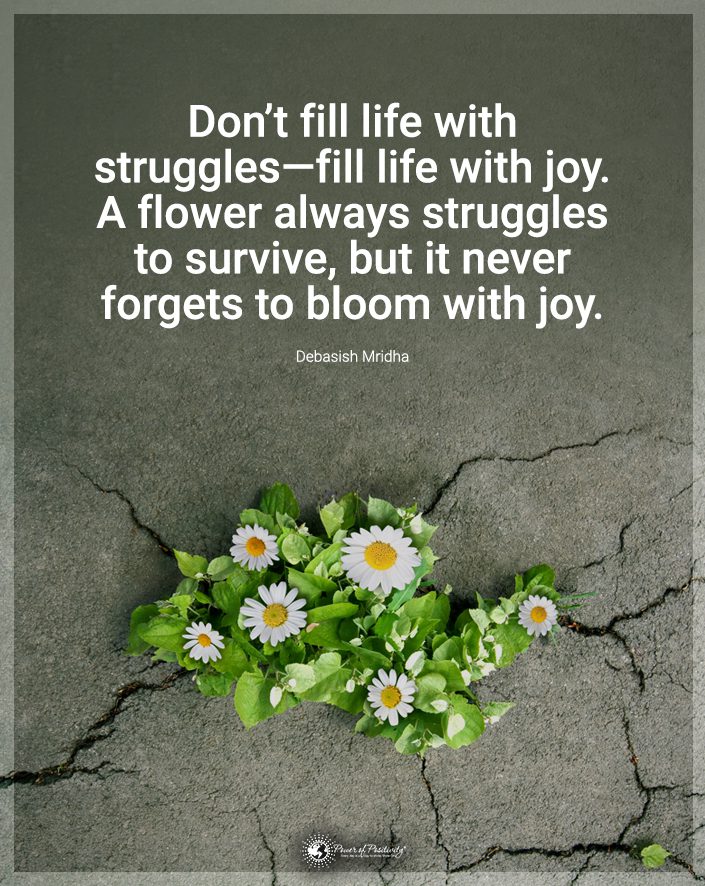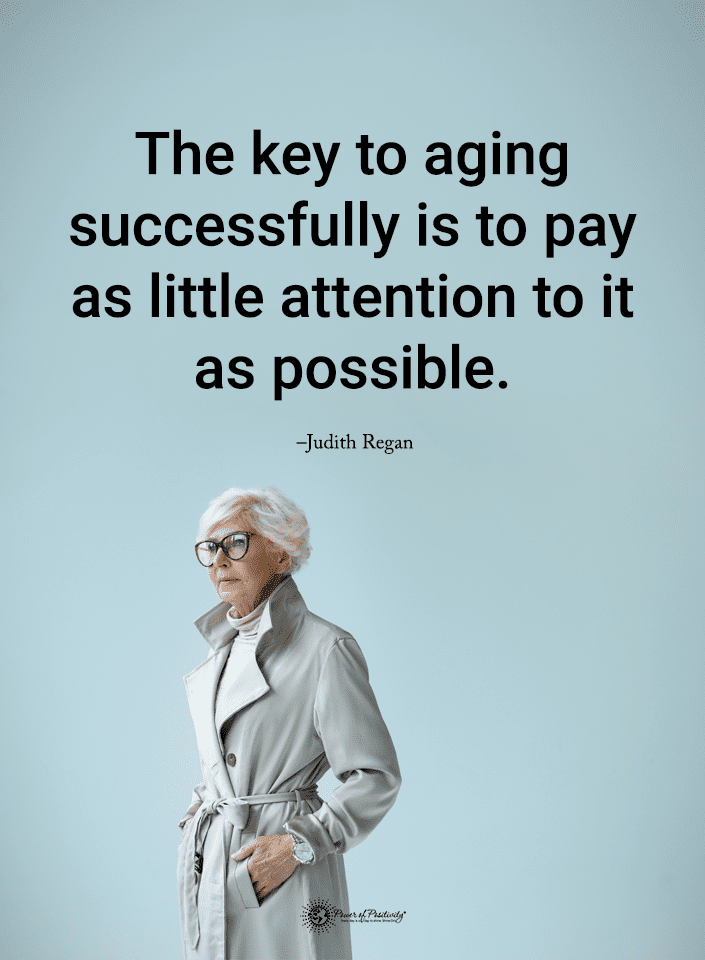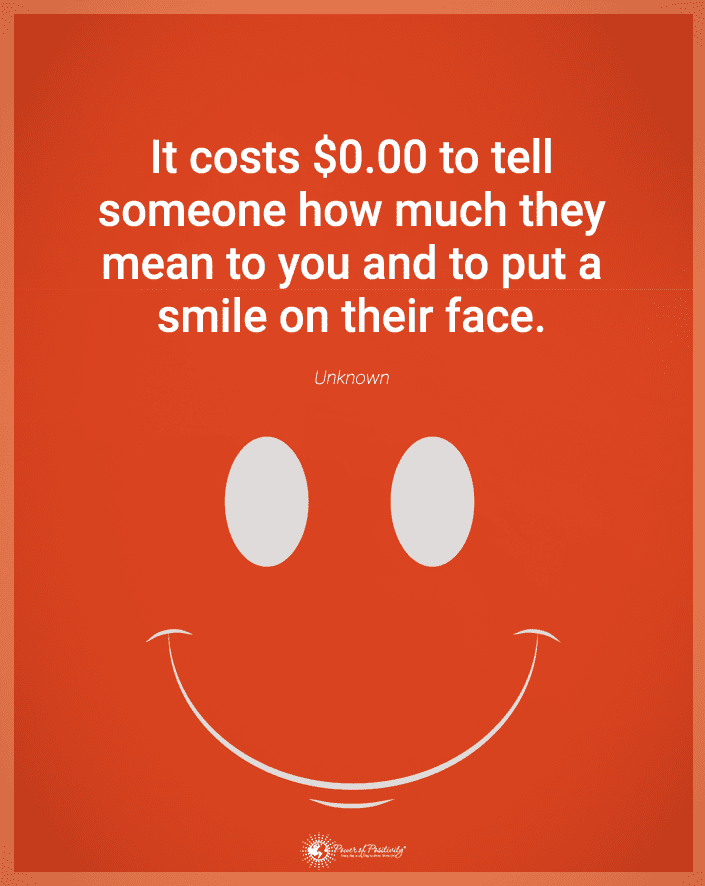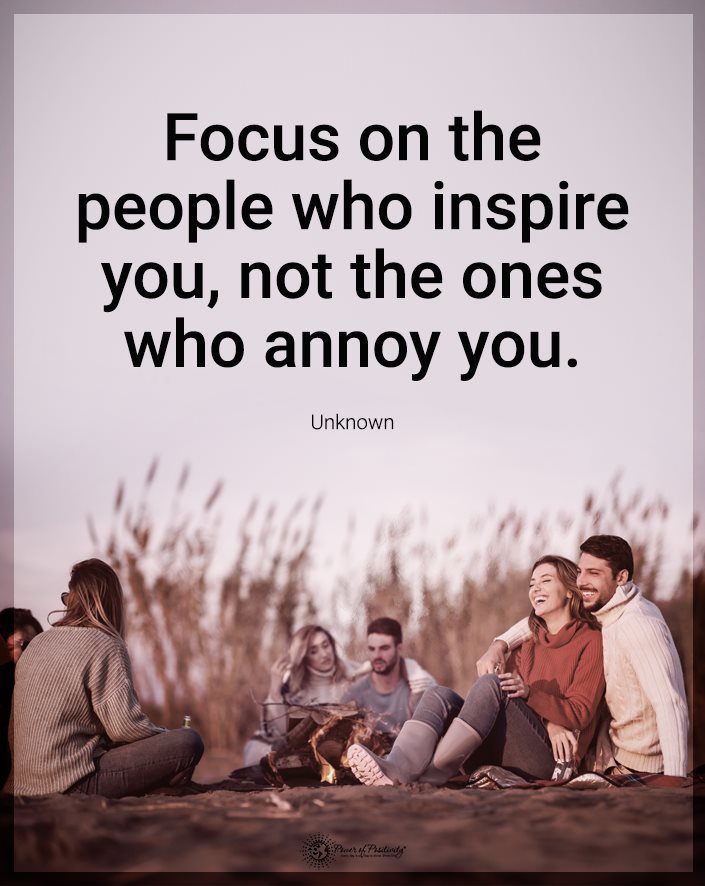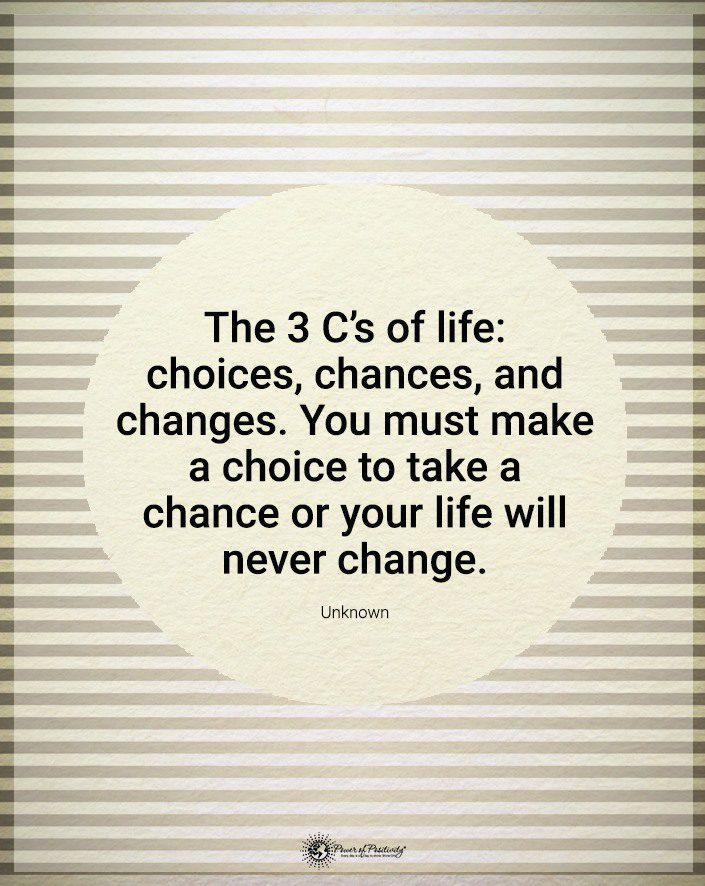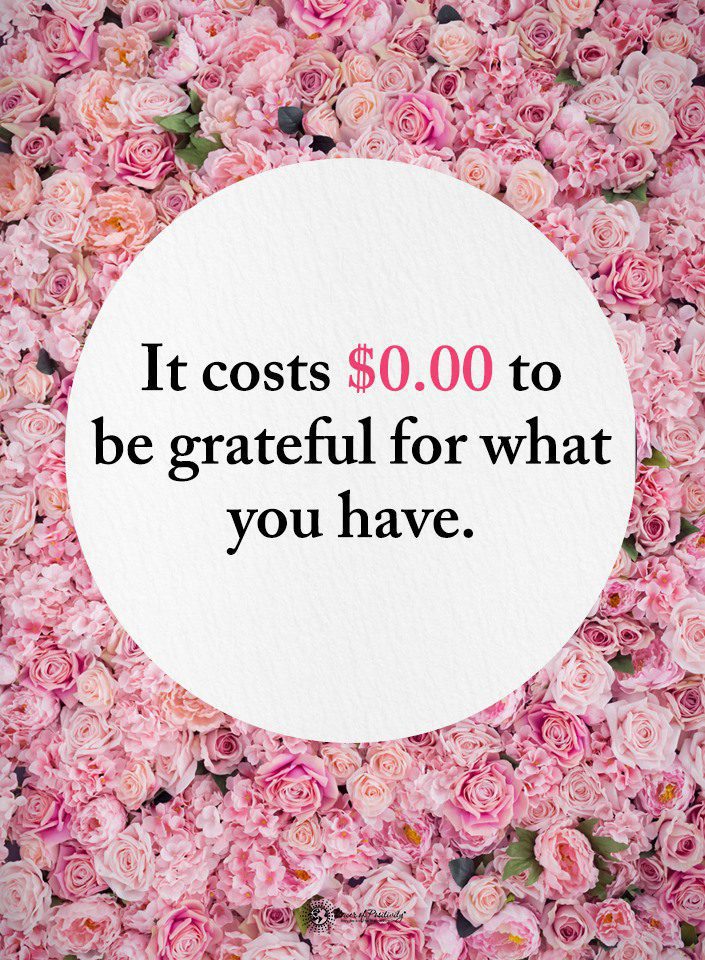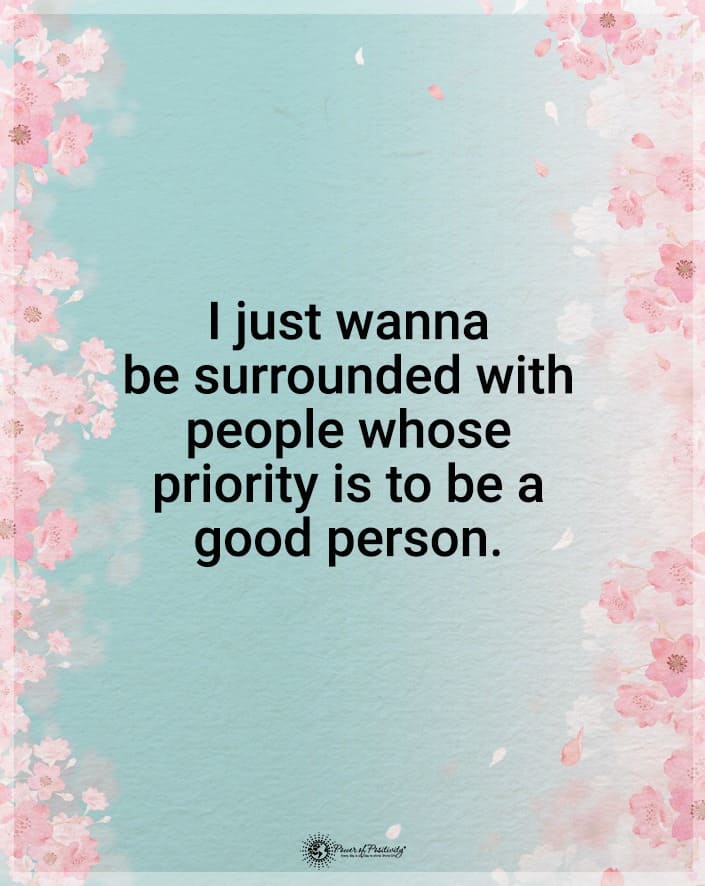Forgiveness is often not something you feel like giving. Sometimes people do you so dirty that you might consider never forgiving them. You might think they don’t deserve it, so wasting your breath is useless. This is especially true right after someone has hurt you. At that moment, letting things go seems like the last thing you’d want to do. But no matter what someone does to you, holding grudges is never the answer.
What you might not know about forgiveness is that it’s not something that only benefits someone else. Instead, you need to do it if you want to move on. So, being able to forgive is a quality that ultimately only helps you. This doesn’t diminish your hurt, though. And it doesn’t mean you should forget what happened and accept those who hurt you back into your life. People will lie, cheat and break your heart. Sure, not all of them will do something unforgivable. But most people who will do you wrong won’t cause much harm. For example, if someone accidentally spills a drink on you, you’ll likely brush it off.
When it comes to small mistakes, forgiveness comes naturally. That’s mainly because you are sure those people deserve your forgiveness. But what about the other category? What about those who don’t deserve to be in your life anymore? You’ll be surprised to learn that you should forgive even those people. But not for them. Do it to move on with your life and begin a new chapter. Letting go of grudges and anger is the only way to move on.
Why You Shouldn’t Hold Grudges
Before we get into the thick of it, we should go over why it’s unhealthy to hold on to grudges. Many believe being angry at someone who hurt them is the right thing to do. So, they hold grudges and never let go of the past. After all, this is a form of retribution, right? You’re doing to them exactly what they did to you. But real life doesn’t work like that.
In real life, you need to worry about your well-being rather than being concerned with getting even. But why do people engage in this behavior if it’s toxic and has clear negative consequences? Well, for one, because it’s the natural thing to do. People are emotional creatures, no matter how much we would like to believe otherwise. Sure, we are also rational, but in sticky situations, chances are our emotions will take over.

So, when you feel hurt, your instinct will always be to either hide or strike back. If you hide, you’ll do anything in your power to avoid the one who harmed you. But that doesn’t help you heal. It only puts you in a position where you feel unsafe. Say, for example, that a friend stole something from you. If you shove the situation under the rug, the anger and hurt won’t go away.
It’ll just simmer until, eventually, you’ll burst. Your feelings should never be left unaddressed. Plus, by hiding and ignoring the issue, you only give off the feeling that you’re vulnerable. So, the one who hurt you will likely take it as a sign they can do it again. The only way to release that betrayal is the act of forgiveness.
The Role of Payback in Grudges
People also take the opposite measure, meaning they look for payback. You might want to reciprocate whatever misfortune you suffered just to see the other hurt as you did. But that’s even more unhealthy than ignoring the situation. Holding a grudge is a thing, but acting on it is dangerous for your and the other’s sanity. Not only do you risk hurting someone, but the grudge will always be on your mind. You’ll constantly ruminate and imagine ways to get even.
Or, at the very least, you’ll overthink every little aspect of what went down between you and the one who wronged you. It’s not difficult to see how that won’t help either party. But, most importantly, holding a grudge will stop you from moving on. You won’t be able to make up with the one who wronged you, but you won’t know how to let them go, either.
Essentially, you’ll be stuck in the worst-case scenario, and there are studies to support this idea. And the only way to avoid this is to learn how to forgive people. Whether they deserve it or not that’s not as relevant. What matters is that you know how to handle things in the healthiest way for you.
3 Steps to Forgiveness and Moving On

1. Acknowledge Your Emotions
The first step towards forgiveness is to acknowledge your emotions. Most people don’t forgive because they don’t know what they feel. You can feel anything from anger to sadness if someone does you wrong. But unless you come to terms with what you feel, you won’t truly be ready to forgive. You might even acknowledge someone’s apology if it exists, but you won’t internalize it.
And if that apology doesn’t exist, you won’t even acknowledge that you need it. People are way too used to brushing off little things that happen because they don’t understand how much they affect them. Slowly, those things build to the point where you might explode. But that’s in the happy case, where someone just annoys you instead of outright hurting you. In that instance, there’s still a way to move on without anyone getting hurt.
But when someone does wrong to you, you must be in tune with your emotions. For example, say you get cheated on. That hurts tremendously, and your instinct will be to ignore your feelings so that you don’t have to deal with them. But the sooner you accept what happened, the better. Sure, it’ll hurt like hell. But that’ll happen either way. If you deal with them sooner, you avoid other potentially traumatizing situations. Plus, you can move on and rebuild your life.
2. Figure Out What You Want After Forgiveness
Whenever someone does you dirty, you need to make a decision. Do you still want them in your life or not? Based on the answer, you’ll have to take different approaches. You also need to be aware that not all the people you want are good for you. For example, you might want to have a relationship with someone who consistently lies to you, but it might be better to cut them off.
You must consider many factors affecting how you move on when making this decision. Say you still want to keep them in your life. Be aware that you should have a good reason to do so. You need to see whether they still bring something positive to your life. No matter how much you care about someone, that doesn’t mean they are good for you. If you constantly find yourself getting hurt by them, that’s a sign you’d be better off without them.
If that’s not the case, and they are still good for you, then you need to communicate. When they make a mistake, you need to sit down together and discuss things. See why they did what they did and how you can fix things. They must apologize. Otherwise, if they don’t own up to their mistakes, you’re probably wasting your time on them. If they do, then you can start patching up your relationship. You’ll still move on, but you’ll continue with them in your life.
But there will be times when you need to cut people off to move on properly. That doesn’t mean you should just start ignoring them and never forgive. But, in this case, you aren’t forgiving their actions as much as you are coming to terms with what happened. You forgive the past so that you can have a better future. Communicating with them is still good, but some people won’t always be open to talking.
If you don’t get closure from them, you have to give it to yourself. That means you’ll have to go through everything that happened and deal with all your emotions. Understand that staying mad is not a healthy option. It’s ok to acknowledge that someone hurt you and acted wrongly. But don’t hold on to that anger forever. Instead, let them go and focus on your own life.
3. Give Forgiveness to Yourself
Often, people know how to forgive others, but they still can’t move on. That might be the case because they haven’t forgiven themselves. Also, because we are human, we tend to overthink everything. So, whenever something terrible happens, we can’t help but think that we could have done something to prevent it. For example, if someone lies to you, you might feel it’s your fault because you aren’t trustworthy enough.
Or you’ll try to look for other excuses because you are too afraid to face the truth that those people just didn’t care enough. But if others keep hurting you, that’s not your fault. You didn’t make them lie or cheat. It was their choice and theirs alone. But, even if you are in a situation where you are partly to blame, you still shouldn’t beat yourself up. Everyone makes mistakes. What matters most is that you move on and be a better person.
Practice self-compassion and cut yourself some slack. Instead of beating yourself up, acknowledge what you might have done wrong and work towards becoming a better person. There’s no way to change the past, but you can always have a brighter future. So, take your time and be kind to yourself. Without forgiving yourself, you won’t be able to move on.

Final Thoughts on Steps to Forgiveness and Moving On
Forgiveness is something we all need to learn to practice. But it’s easier said than done. In theory, life should be easy. If someone does wrong to you, the two of you talk, they apologize, and you move on. But that’s not how it unfolds in real life. So in practice, you need to learn to move on even without anyone’s help.
To do that, you need to be in tune with your emotions and take time to process things. Try to communicate as best as you can. If that’s not possible, give yourself closure. That might mean cutting some people off, but it’ll be for the better. Lastly, to truly move on, you need to forgive yourself.

